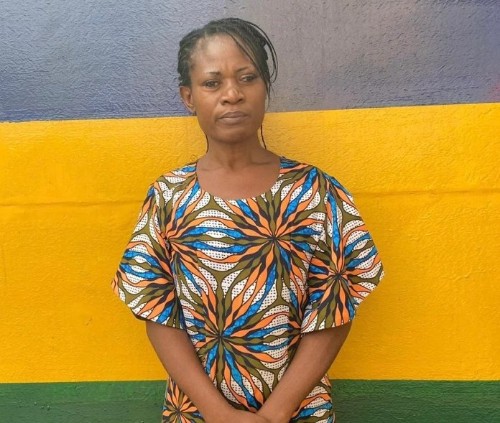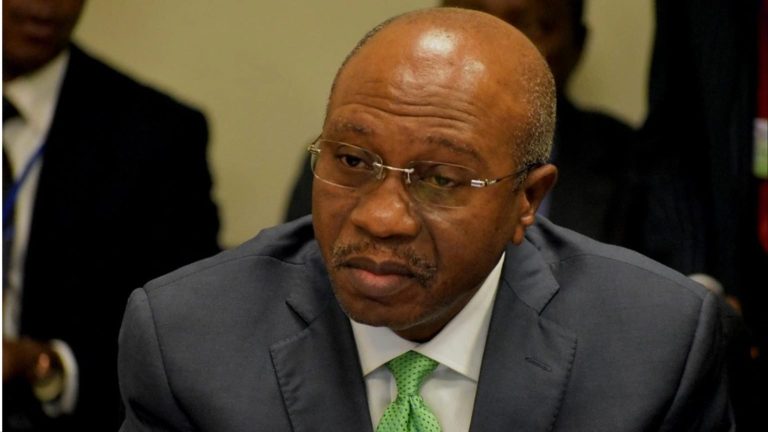BIG STORY
FG Reaches Agreement With Oil Producers On Supply Of Crude Oil To Local Refineries
-

 BIG STORY1 day ago
BIG STORY1 day agoIkorodu Teacher Arrested For Physically Abusing 3-Yr-Old Boy In Viral Video [SEE VIDEO]
-

 BIG STORY4 days ago
BIG STORY4 days agoNDLEA Arrests Famous 61-Yr-Old Lagos Fabric Merchant Alhaja Ajoke Elediye For Drug Trafficking
-

 BIG STORY3 days ago
BIG STORY3 days agoFuel Price May Crash To N500 Per Litre In 2025 — Oil Marketers
-

 BIG STORY3 days ago
BIG STORY3 days agoPopular Nigerian Socialite Cash Madam Dies At 89, Burial Announced
-

 BIG STORY3 hours ago
BIG STORY3 hours agoJUST IN: Court Remands Lagos Teacher For Assaulting 3-Yr-Old Boy
-

 BIG STORY2 days ago
BIG STORY2 days agoRetirement: Top Generals Get $20,000 Medical Allowance, Bullet-proof SUV, Others
-

 BIG STORY2 days ago
BIG STORY2 days agoGTCO PLC Announces Successful Completion Of The 1st Phase Of Its Equity Capital Raise Programme; Raises ₦209 Billion
-

 BIG STORY4 days ago
BIG STORY4 days agoRetailers Begin Loading From Port Harcourt Refinery This Week — PETROAN























